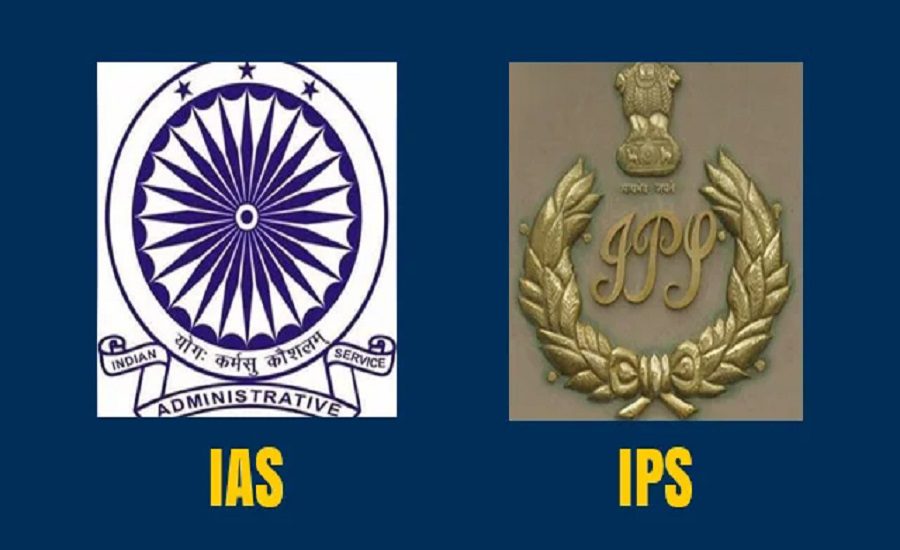Raipur/New Delhi: The Enforcement Directorate (ED) has recommended disciplinary and legal action under the Prevention of Corruption Act, 1988 against 10 senior IAS and IPS officers in connection with a ₹570 crore scam in Chhattisgarh involving the misuse of coal permits. The ED has forwarded its report to the Chief Secretary, Amitabh Jain, and the Economic Offences Wing (EOW) for further proceedings.
Allegations: Conversion of Online Permits to Offline, Illegal Levies
According to the ED report, the core of the scam lies in conversion of online coal permits to offline mode, thereby enabling the collection of illegal levies from coal traders. The process is alleged to have been institutionalized through coordinated action between certain officials and business interests.
The implicated officers include –
- Samir Vishnoi (IAS) – then Mineral Director, credited with issuing the controversial order on July 15, 2020
- Ranu Sahu (IAS)
- Soumya Chaurasia (IAS) – then Deputy Secretary to ex-Chief Minister Bhupesh Baghel
- Businessman Suryakant Tiwari – alleged prime accused in the scheme
These names surfaced after an FIR was registered by the EOW in January 2024, leading to their arrests. All those arrested are currently out on bail.
ED’s Next Steps & Legal Implications
The ED’s recommendation to the state government is aimed at starting departmental proceedings and possible prosecution under anti-corruption law against the 10 implicated officers. The move signals a push for accountability at high levels of the state bureaucracy.
Should the state government act on the ED’s recommendation, it would be required to initiate inquiries, issue show-cause notices, and potentially suspend or remove officers pending outcomes. Legal proceedings under the Prevention of Corruption Act could involve criminal charges, asset recovery, and disqualification from service.
Simultaneous ED Raids in ‘Custom Milling’ Scam
In a parallel development, the ED carried out raids connected to the Custom Milling Scam. These searches spanned premises linked to the Raheja and Sultania groups in Raipur, Bilaspur, and Dhamtari. Documents, ledgers, and related financial records were seized.
The ED alleges that the Custom Milling case involves irregularities in paddy milling and rice distribution under government schemes, with possible money-laundering, fund diversions, and complicity of officials in supply chain manipulation.
As investigations proceed, both coal and milling cases underscore intensifying efforts against corruption and financial misconduct in the state.



























